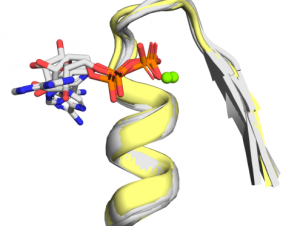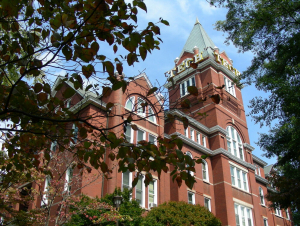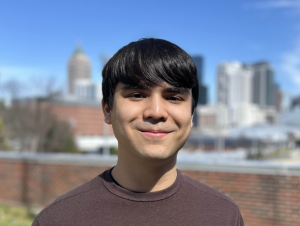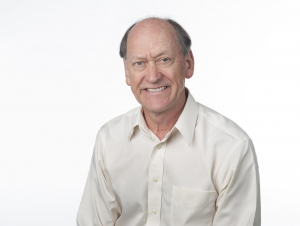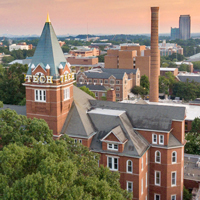Latest News
The work suggests that a protein fragment thought to be foundational for all life needed help.
Andrew McShan has been awarded a $1.4M NSF CAREER grant to research lipids, and how they interact with proteins in the body. Lipid-protein interactions play a key role in everything from immune responses to energy storage — and could be the key to unlocking universal immunotherapies and cancer treatments, powerful vaccines, and a deeper understanding of our own immune systems.
The award recognizes outstanding performance by a doctoral student who graduated from a Canadian university. Currently a Hale Visiting Assistant Professor in the Georgia Tech School of Mathematics, Yip earned his Ph.D. in Mathematics from the University of British Columbia (Vancouver) in 2024.
A recent physics study has unlocked a new type of origami-inspired folding, and could lead to advances in everything from heart stents to airplane wings.
Alexander Divoux, a mathematics and computer science major, is among the recipients of the 2025 Provost's Academic Excellence Awards.
Professor Emeritus Richard Nichols of the School of Biological Sciences has been recognized for his significant contributions to the field of motor control and learning.


